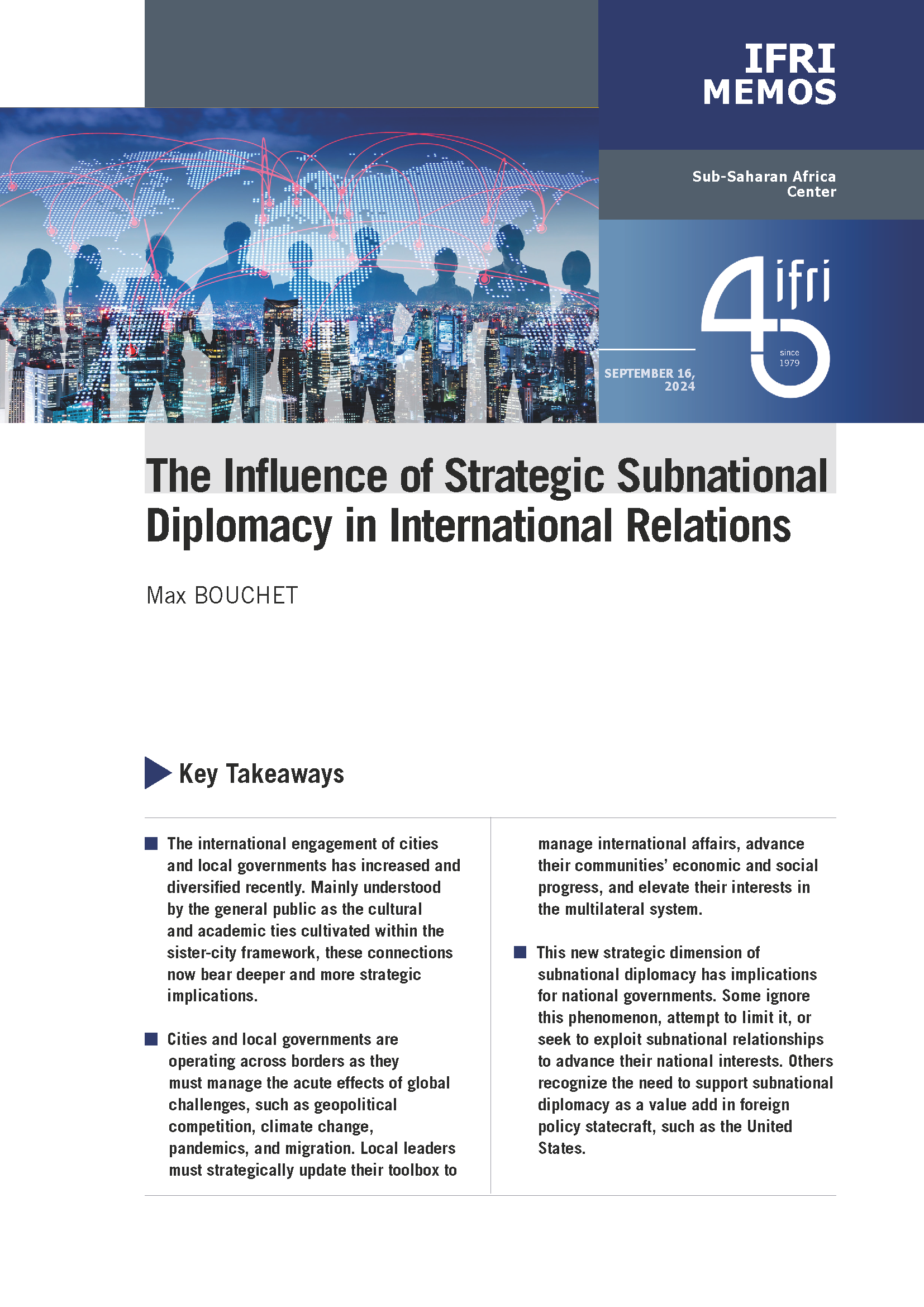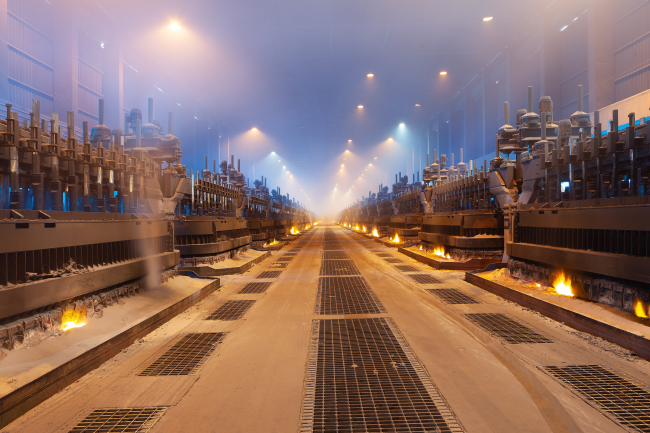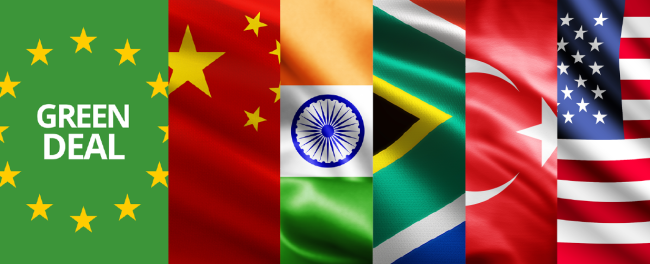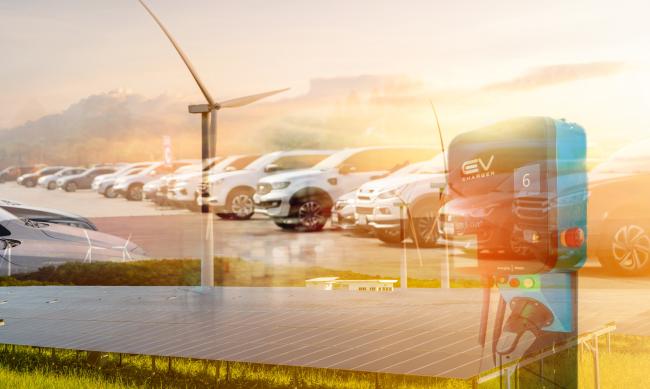Free Europe's Economists

By all indications they have been locked up while spin doctors are writing statements for Presidents and Prime Ministers. Not since Venezuela's President Hugo Chavez seized on the idea at the end of the last century have we heard serious contemplation of an oil price band. The last forty years of experience with price volatility in commodities should by now have provided ample proof that negotiated, state-administered price bands are meaningless and confounding for markets.
Set that aside and the two Summiteers have some good thoughts. Collaboration between IEA and OPEC remains a good idea, but it predates creation of IEF and has been consistently robust. Forecasters and economists in both organizations know well the differences in each agency's outlook and their origins. Underlying numbers are drawn from the same sources or sometimes from each other - but it should come as no surprise that a supplier will describe the same elephant differently that a consumer - shared analysis but different conclusions.
Instructing the IEF to carry out a mandate "to arrive at a common long-term view on what price range would be consistent with the fundamentals" is to appear to be action-oriented while putting an impossible task before a group that cannot hope to accomplish it. Governments should turn first to their role in addressing the thorny issues that make oil supply and demand so inelastic, arguably adding more volatility to the market than speculators.
Transparency has been a priority for years and some considerable progress has been made. The Joint Oil Data Initiative, driven initially by IEA and OPEC and now managed by IEF is a good example. But many energy market data are still opaque. Financial market involvement in energy commodity markets needs considerably greater transparency and monitoring, recognizing that non commercial trading in energy commodities is ultimately a good thing. So too are more transparency and oversight.
Where President Sarkozy and Prime Minister Brown can contribute more to market stability and predictability - is by ensuring that their national projections for climate change policy, renewables penetration, efficiency gains and technology deployment are reflected in clear policy decisions and regulatory guidance to the market. Uncertainty in energy commodity markets is aggravated by policy uncertainty combined with political targetry. Why put in capacity if demand for fossil fuels will be dropping sharply? Why build refineries if biofuels are going to fill the gap? Who needs another pipeline if European incremental gas demand to 2020 is flat?
Policy-induced uncertainties aggravate the cyclical nature of energy commodity markets and create opportunities for portfolio managers to add energy to their financial strategies, probably aggravating volatility, but only because the opportunity is there.
For further input to G8 energy reflections click here

Also available in:
Regions and themes
Share
Related centers and programs
Discover our other research centers and programsFind out more
Discover all our analysesThe Aluminum Value Chain: A Key Component of Europe’s Strategic Autonomy and Carbon Neutrality
The United States of America (US), Canada and the European Union (EU) all now consider aluminum as strategic. This metal is indeed increasingly used, especially for the energy transition, be it for electric vehicles (EVs), electricity grids, wind turbines or solar panels.
The EU Green Deal External Impacts: Views from China, India, South Africa, Türkiye and the United States
Ahead of June 2024 European elections and against the backdrop of growing geopolitical and geoeconomic frictions, if not tensions, between the EU and some of its largest trade partners, not least based on the external impacts of the European Green Deal (EGD), Ifri chose to collect views and analyses from leading experts from China, India, South Africa, Türkiye and the United States of America (US) on how they assess bilateral relations in the field of energy and climate, and what issues and opportunities they envisage going forward.
Electric Vehicles: A Strong and Still Understated Performance
Electric vehicles (EVs) are better for the climate – even in worst-case scenarios. Across its life cycle, a typical European electric car produces less greenhouse gas (GHG) and air pollutants or noise than its petrol or diesel equivalent. Emissions are usually higher in the production phase, but these are more than offset over time by lower emissions in the use phase. According to the European Environment Agency’s report on electric vehicles, life cycle GHG emissions of EVs are about 17-30% lower than those of petrol and diesel cars.
How Can the Green Deal Adapt to a Brutal World?
The European Green Deal has not been planned for the current extraordinarily deteriorated internal and external environment. Russia’s war in Ukraine, higher interest rates, inflation, strained public finances, weakened value chains, and lack of crucial skills pose unprecedented challenges.












